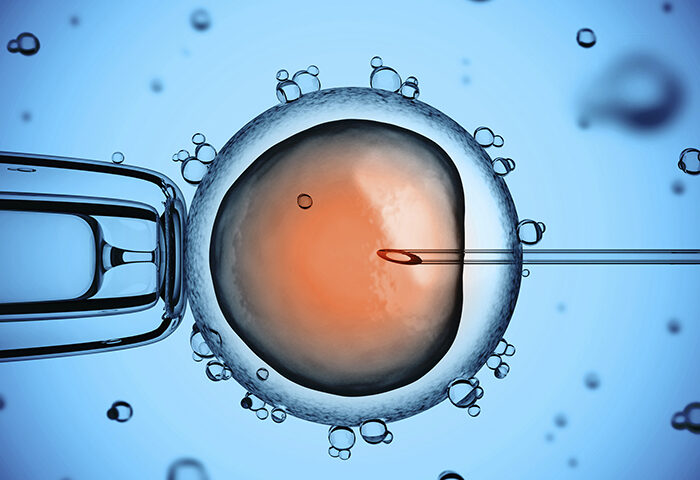Enodental Implants as a Long-Term Solution for Tooth Loss
October 2, 2025
Effective Pain Management Strategies for Chronic Conditions
October 2, 2025In vitro fertilization (IVF) is a multi-step medical procedure designed to assist people who are trying to conceive. The process involves retrieving eggs from the ovaries and fertilizing them with sperm in a laboratory setting. After a viable embryo develops, it is transferred into the uterus with the goal of establishing a pregnancy. Before beginning an IVF cycle, here are some diagnostic tests you should schedule:
Hormone Assessments
A detailed hormone evaluation gives an overview of your body’s reproductive functions at a specific point in your menstrual cycle. By analyzing various hormones, your healthcare team can better anticipate potential challenges and adjust your treatment plan based on your unique results. Blood tests commonly target:
- Follicle-stimulating hormone (FSH) and luteinizing hormone (LH): These play direct roles in egg development and ovulation.
- Estradiol levels: This provides information about ovarian function.
- Anti-Müllerian hormone (AMH): This marker is commonly used to predict how the ovaries may respond to stimulation medications.
- Prolactin and thyroid-stimulating hormone (TSH): Imbalances in either one may disrupt ovulation, alter menstrual cycles, or complicate attempts to achieve pregnancy.
Uterine Cavity Examination
The uterine environment should be favorable to support a successful embryo transfer. Examining the uterine cavity allows medical providers to identify polyps, fibroids, adhesions, or congenital abnormalities that could reduce the likelihood of implantation. A common test is the sonohysterogram, which combines a sterile saline infusion with a transvaginal ultrasound imaging to provide a detailed view of the uterine lining and shape. This helps highlight irregularities that might not appear on a standard ultrasound.
If more information is needed, a hysteroscopy might be recommended. A slim, flexible camera is inserted through the cervix so the doctor can see the interior of the uterus in real time. Small growths or adhesions can be removed during this exam, helping optimize the uterus for an embryo transfer.
Ovarian Reserve and Semen Analysis
Assessment of ovarian reserve and semen quality offers a foundational understanding of each partner’s reproductive potential. Ovarian reserve tests are typically performed early in the menstrual cycle, often between days two and five. Bloodwork measures AMH and baseline FSH levels, which help estimate egg quantity and response to fertility medications. An antral follicle count is also completed during a pelvic ultrasound, which tallies the number of small follicles visible on the ovaries. A higher antral follicle count often signals a larger number of recruitable eggs.
For males, semen analysis is central to identifying issues that might affect fertilization. The laboratory uses a semen sample to determine sperm concentration and the percentage of motile sperm and sperm with healthy morphology. This helps identify potential concerns like low sperm count or abnormal movement patterns, both of which may influence the IVF protocol. Additional tests, such as DNA fragmentation assessment or advanced sperm imaging, may be required for further evaluation of reproductive health.
Infectious Disease Screening
Screening for infectious diseases is part of a standard safety protocol during the IVF process. Both partners provide blood samples for tests that identify hepatitis B and C, syphilis, and HIV. These infections have the potential to be transmitted to a developing embryo or child. Depending on your location and medical history, screening for other conditions, such as rubella, cytomegalovirus, or chickenpox, may also be recommended. If results show previous exposure to rubella but incomplete immunity, a vaccination plan may be recommended before proceeding with treatment. Swabs for sexually transmitted infections may also be included to address any potential risks.
Schedule IVF Today
Completing all recommended diagnostic tests before starting IVF is a key preparatory step. These evaluations help develop an individualized care plan with your fertility specialist. Identifying possible complicating factors early can prevent delays during treatment and support each step of your IVF journey. Schedule a consultation with a fertility specialist today to begin the IVF process.




